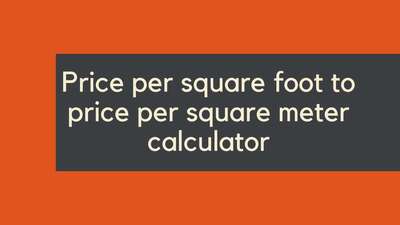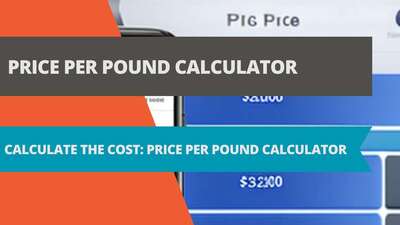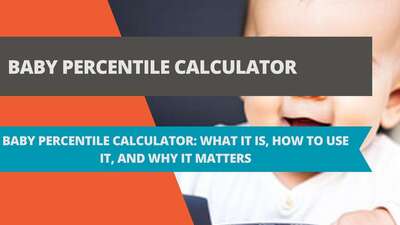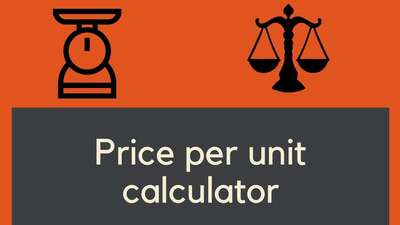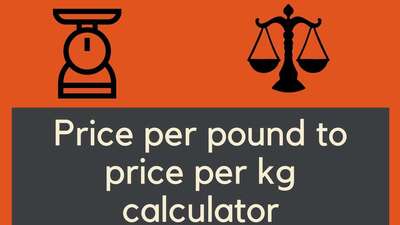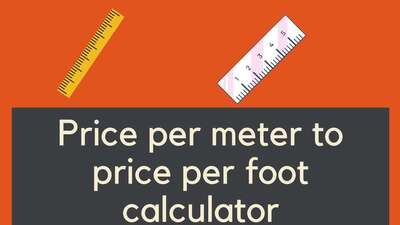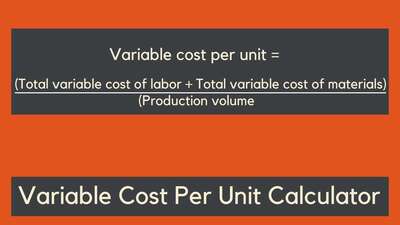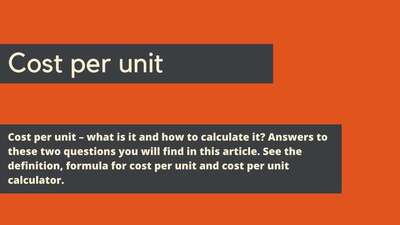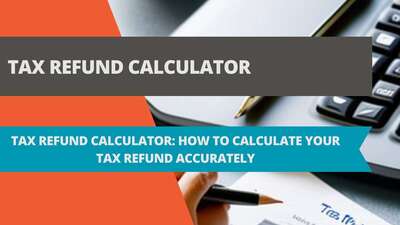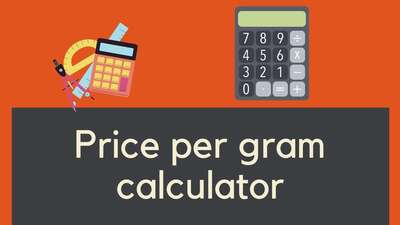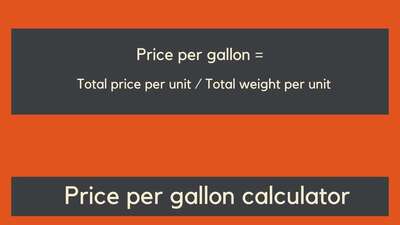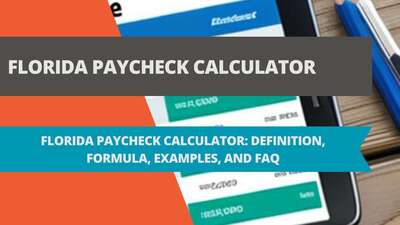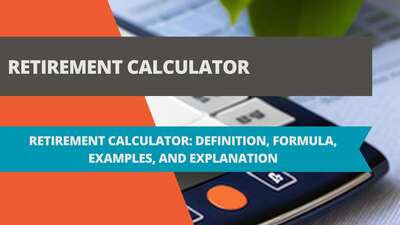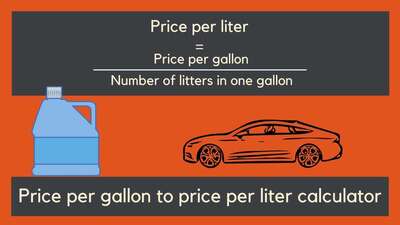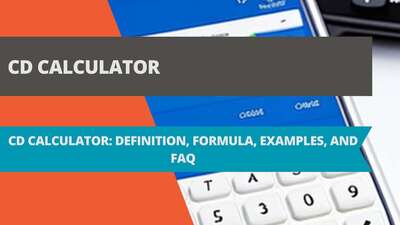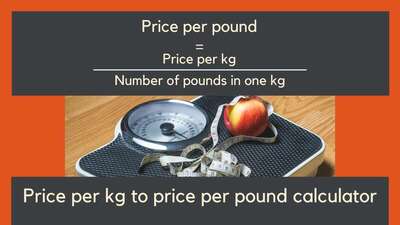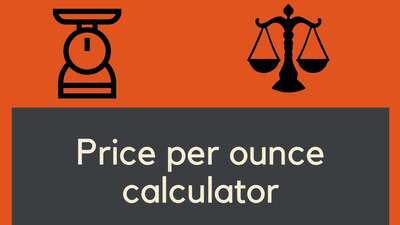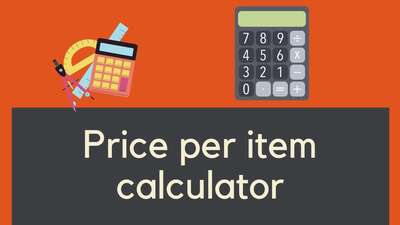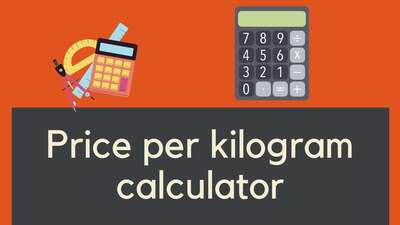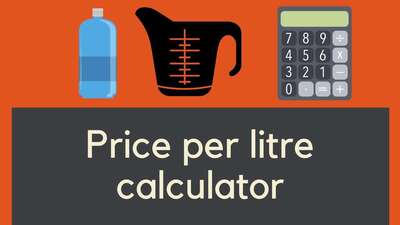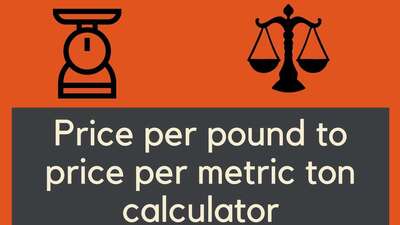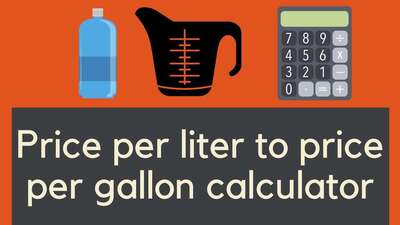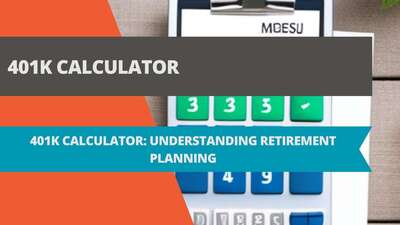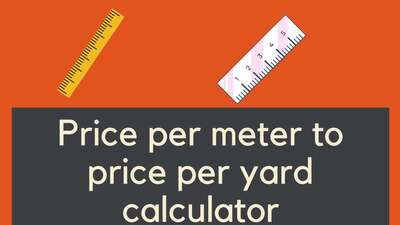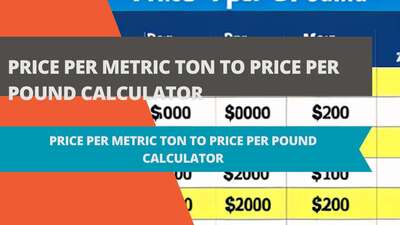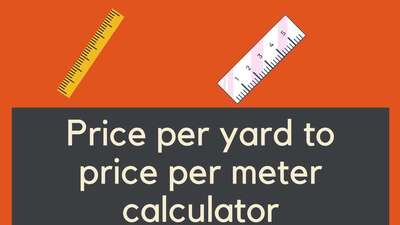Car Depreciation Calculator
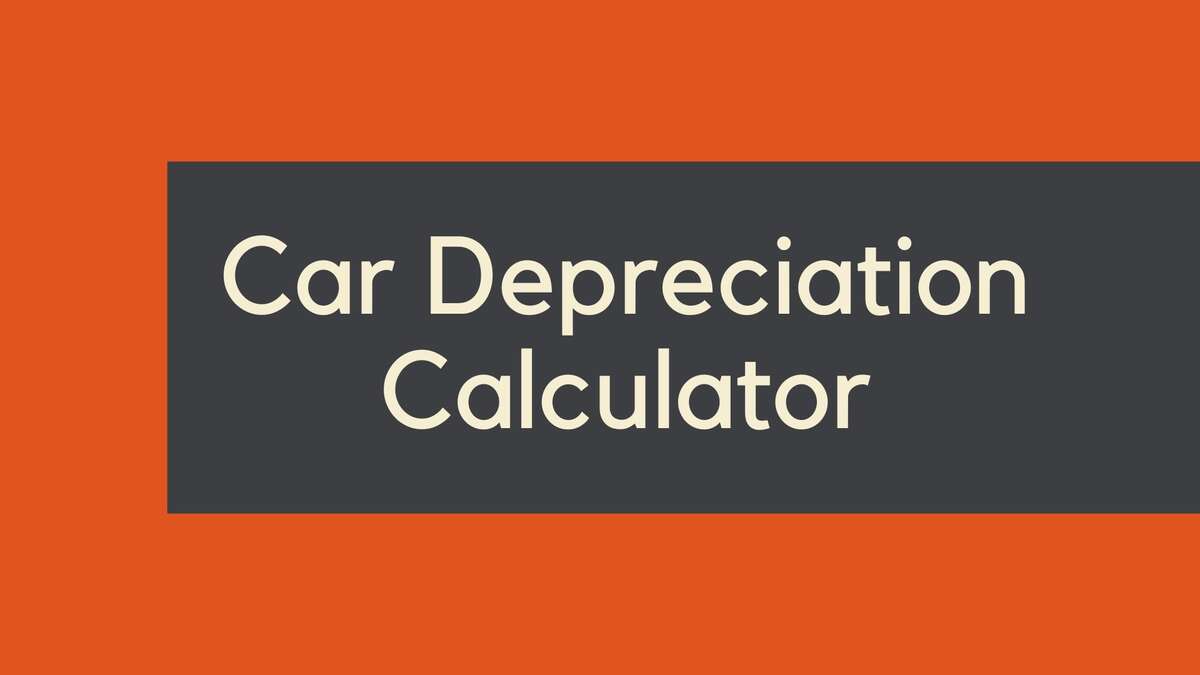
- Car Depreciation Calculator: Understanding How Much Your Car is Worth
- Car Depreciation Calculator Definition
- Car Depreciation Calculator Formula
- Car Depreciation Calculator Conversion Factor
- Car Depreciation Calculator Examples
- Car Depreciation Calculator Examples in Excel
- Car Depreciation Calculator Explanation
- Factors Affecting Car Depreciation
- Benefits of Understanding Car Depreciation
- How to Minimize Car Depreciation
- The Psychological Aspect of Car Depreciation
- Car Depreciation Calculator FAQ
Car Depreciation Calculator: Understanding How Much Your Car is Worth
If you own a car, you may have wondered how much it's worth as it ages. The value of a car decreases over time due to various factors, such as wear and tear, usage, and technological advancements. This decrease in value is known as depreciation. A car depreciation calculator can help you determine how much your car is worth and how much it has depreciated. In this article, we will explain what a car depreciation calculator is and how it works.
Car Depreciation Calculator Definition
A car depreciation calculator is a tool that helps you estimate the value of your car at a specific point in time. It takes into account various factors, such as the make and model of the car, the age of the car, the mileage, and the condition of the car. By using a car depreciation calculator, you can get an estimate of how much your car has depreciated and how much it is currently worth.
Car Depreciation Calculator Formula
The formula for calculating car depreciation is:
Depreciation = (Purchase Price - Salvage Value) / Useful Life
The purchase price is the amount you paid for the car. The salvage value is the estimated value of the car at the end of its useful life. The useful life is the estimated number of years that the car will be used.
For example, if you purchased a car for $20,000 and the estimated salvage value is $4,000, and the useful life is 10 years, the depreciation would be:
Depreciation = ($20,000 - $4,000) / 10 = $1,600 per year
Car Depreciation Calculator Conversion Factor
The conversion factor is a number that helps you estimate the depreciation of your car based on its age and mileage. The conversion factor varies depending on the make and model of the car. You can find the conversion factor for your car in the owner's manual or by doing an online search.
Car Depreciation Calculator Examples
Let's take a look at some examples of how a car depreciation calculator works.
Example 1:
You purchased a car for $30,000 three years ago. The estimated salvage value is $6,000, and the useful life is 10 years. The car has 60,000 miles on it. The conversion factor for this car is 0.20.
Depreciation = ($30,000 - $6,000) / 10 = $2,400 per year Depreciation based on mileage = 60,000 x 0.20 = $12,000 Total depreciation = $2,400 x 3 + $12,000 = $19,200 Current value = $30,000 - $19,200 = $10,800
Example 2:
You purchased a car for $25,000 five years ago. The estimated salvage value is $5,000, and the useful life is 8 years. The car has 80,000 miles on it. The conversion factor for this car is 0.25.
Depreciation = ($25,000 - $5,000) / 8 = $2,500 per year Depreciation based on mileage = 80,000 x 0.25 = $20,000 Total depreciation = $2,500 x 5 + $20,000 = $32,500 Current value = $25,000 - $32,500 = -$7,500 (the car has a negative value, meaning it's worth less than its estimated salvage value)
Car Depreciation Calculator Examples in Excel
You can also use Excel to create a car depreciation calculator. Here's how:
- Open a new Excel spreadsheet.
- Enter the following headers in cells A1 to E1: "Year," "Purchase Price," "Estimated Salvage Value," "Depreciation," and "Current Value."
- In cell A2, enter "1" to represent the first year of ownership.
- In cell B2, enter the purchase price of the car.
- In cell C2, enter the estimated salvage value of the car.
- In cell D2, enter the formula for calculating depreciation: =($B$2-$C$2)/10.
- In cell E2, enter the formula for calculating the current value: =$B$2-$D$2.
- Copy cells A2 to E2 and paste them into cells A3 to E3.
- In cell A3, enter "2" to represent the second year of ownership.
- In cell B3, enter the current value from cell E2.
- In cell D3, enter the formula for calculating depreciation based on the conversion factor: =$B$2*$F$2^A3-$C$2.
- In cell E3, enter the formula for calculating the current value: =B3-D3.
- Copy cells A3 to E3 and paste them into cells A4 to E14 (or however many years you want to calculate).
By using this Excel spreadsheet, you can quickly calculate the depreciation and current value of your car for multiple years. You can also modify the formulas to include other factors, such as maintenance and repair costs.
Car Depreciation Calculator Explanation
As we've seen, a car depreciation calculator is a useful tool for estimating the value of your car. However, it's important to keep in mind that the calculated value is just an estimate, and the actual value of your car may vary based on various factors, such as the local market, the condition of the car, and the demand for that particular make and model.
It's also important to note that some cars may depreciate more quickly than others. For example, luxury cars and sports cars tend to depreciate faster than economy cars due to their high initial cost and the fact that they appeal to a smaller market.
Factors Affecting Car Depreciation
Car depreciation is a phenomenon every car owner should be familiar with. The rate at which a car loses its value can vary based on several key elements. Let's delve into the factors that can influence how quickly a car depreciates.
Natural Wear and Tear
The most basic cause of depreciation is the natural wear and tear a vehicle experiences over time. As a car gets older and accumulates mileage, its components can wear out, which can lead to decreased performance and reliability. This aging process inherently reduces the car's value.
External Economic Influences
Economic fluctuations, especially downturns like recessions, can have a profound effect on car values. During economic hardships, the demand for cars might drop, leading to a decrease in their resale value.
Model Discontinuation and New Releases
When automakers decide to discontinue a particular model or release newer, advanced versions, the older models often face accelerated depreciation. Newer models usually come equipped with advanced technology and features, making the older versions less appealing to potential buyers.
Accidents and Recalls
Cars that have been involved in accidents or have had significant repairs tend to depreciate faster. Similarly, models that face recalls for manufacturing defects can also see a drop in their market value, as potential buyers might view them as less reliable.
Special Models
On the flip side, there are certain models which might buck the trend. Limited edition models or cars with a significant cult following can sometimes hold their value better than the mainstream models. Their rarity or unique features can make them more sought after in the resale market, leading to slower depreciation.
Benefits of Understanding Car Depreciation
Car depreciation is an essential concept that, when understood well, can offer several advantages to car owners and potential buyers. Here's a deeper look into why grasping this concept is crucial:
1. Setting a Competitive Selling Price
When the time comes to sell your vehicle, having a comprehensive understanding of its depreciation will allow you to determine its current market value accurately. With this knowledge in hand, you can set a price that is both competitive and reflective of the car's actual worth, ensuring a quicker sale and fair compensation.
2. Making Informed Buying Decisions
If you're in the market for a new car, comprehending depreciation can be invaluable. Some cars depreciate faster than others, and understanding this can guide you towards models that retain their value over extended periods. This ensures that when you eventually decide to sell or trade in the car, you get a better return on your investment.
3. Taxation Benefits
For those using their vehicles for business purposes, car depreciation can be an essential aspect of your tax considerations. By claiming depreciation as an expense, you can potentially reduce your taxable income, leading to significant savings. However, it's crucial to understand the specific regulations and consult with a tax professional to ensure you're making accurate claims.
4. Planning for Future Expenses
By monitoring how your car depreciates, you can also forecast future values. This can be useful when planning for upgrades, trade-ins, or even future financial commitments related to your vehicle.
How to Minimize Car Depreciation
Although every car will experience depreciation over its lifespan, understanding how to mitigate this decline can be financially beneficial. By adopting certain practices and making mindful choices, it's possible to slow down the depreciation rate and retain a higher resale value. Let's delve into some actionable strategies:
1. Regular Maintenance
Consistent upkeep is a key factor in minimizing depreciation. Regularly servicing your car, changing the oil, checking tire pressure, and ensuring all systems are functioning properly can maintain its performance and appearance. A well-maintained car not only runs better but also commands a higher price in the resale market.
2. Monitor Mileage
High mileage can be a significant contributor to car depreciation. By being mindful of your car's mileage and limiting long trips or unnecessary journeys, you can help preserve its value. Remember, a car with lower mileage often has a higher resale value.
3. Protect Against Accidents
It's a given that cars involved in accidents, even minor ones, can see a sharp drop in value. Being a careful and defensive driver can not only save you repair costs but also maintain your car's value over time.
4. Proper Storage
Storing your car in a garage or under a protective cover can protect it from environmental elements like sun, rain, or snow. This can prevent premature wear and tear, especially on the car's exterior, helping it retain its aesthetic appeal and value.
5. Choose Popular Features and Colors
When purchasing a car, consider options and colors that have lasting appeal. Classic colors and essential features are more likely to be in demand when you decide to sell. Flashy colors or niche features, on the other hand, might limit potential buyers in the future.
The Psychological Aspect of Car Depreciation
Automobiles often transcend their basic function of transportation in our lives. For many, a car represents more than just a machine—it's an extension of one's identity, a symbol of freedom, and a testament to one's achievements. Consequently, the inevitable depreciation of such a prized possession can evoke a plethora of emotions.
1. Personal Attachment and Identity
Many people personalize their vehicles through customization, making the car a reflection of their personality, tastes, and preferences. As a result, they might perceive their car's depreciation as a reflection on themselves, leading to feelings of diminished self-worth or dissatisfaction.
2. Financial Investment
A car, often being one of the more significant investments in a person's life, holds substantial financial value. Witnessing this asset lose its value can evoke feelings of financial insecurity or regret, especially if the depreciation rate is faster than anticipated.
3. Coming to Terms with Reality
Understanding the broader perspective is essential. Just like most assets, cars undergo wear and tear, and their value decreases over time. Recognizing this fact and internalizing that depreciation is a natural process can be a stepping stone towards acceptance. Comparing it to other life experiences, like the aging process, can help align one's perspective.
4. The Role of External Influences
Advertisements, peers, and societal norms can sometimes exacerbate the psychological impact of depreciation. Being surrounded by newer models or constant advertising can make one feel their car is outdated sooner than it actually is. It's essential to distinguish between perceived obsolescence and actual functional obsolescence.
Car Depreciation Calculator FAQ
Q: What is car depreciation? A: Car depreciation is the decrease in value of a car over time due to various factors, such as wear and tear, usage, and technological advancements.
Q: How is car depreciation calculated? A: Car depreciation is calculated by subtracting the estimated salvage value of the car from the purchase price and dividing the result by the estimated useful life of the car. The result is the annual depreciation. You can also calculate depreciation based on the car's mileage and age using a conversion factor.
Q: How does a car depreciation calculator work? A: A car depreciation calculator works by taking into account various factors, such as the make and model of the car, the age of the car, the mileage, and the condition of the car. The calculator uses a formula to estimate the value of the car at a specific point in time.
Q: Can I use a car depreciation calculator for any car? A: Yes, you can use a car depreciation calculator for any car. However, the accuracy of the calculator may vary based on the make and model of the car and the condition of the car.
Q: Is it better to buy a new car or a used car? A: It depends on your personal preference and financial situation. New cars generally have a higher initial cost but come with a warranty and the latest features. Used cars may have a lower initial cost but may require more maintenance and repairs. You should consider the pros and cons of each option before making a decision.





![Car Loan Calculator: Definition, Formula, Examples, and FAQs [2023 Guide]](/images/page/400/car-loan-calculator-13.jpg)
